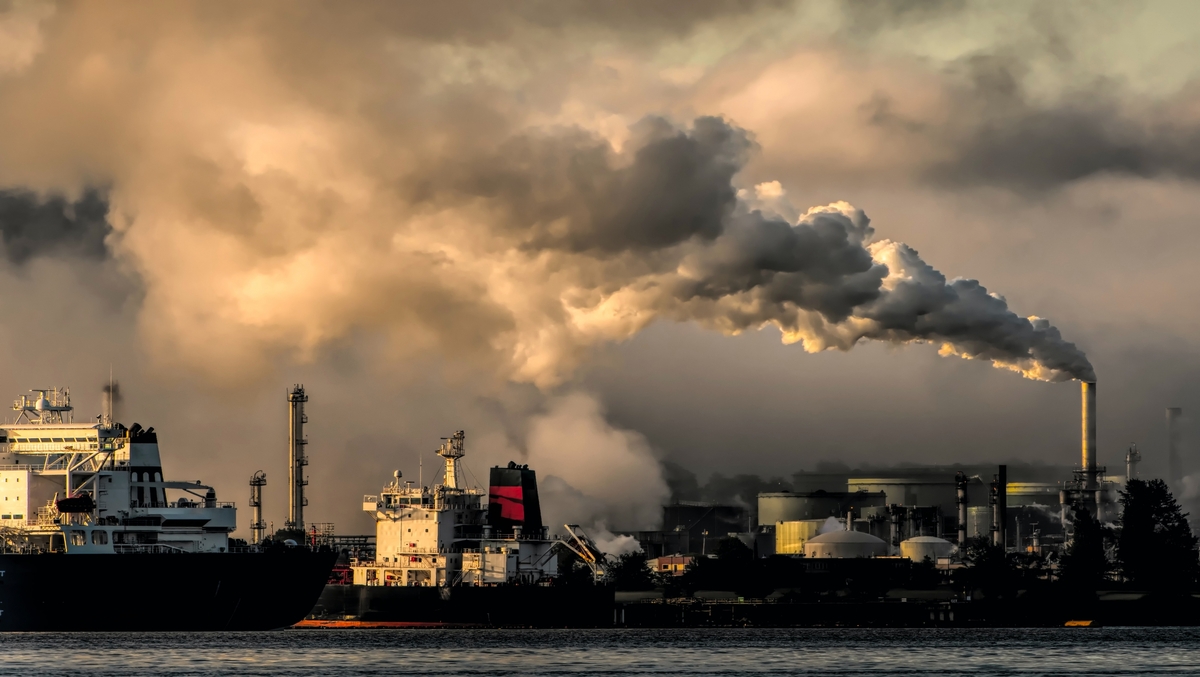Context:
Environmental, climate change, and air pollution issues have featured in the 2024 Lok Sabha manifestos of most top political parties. But is it among the top priorities or guarantees for parties or candidates? This brings us to another question: Will we ever witness actual improvement in air quality without it becoming a people’s movement or a political issue?
Background:
Despite mention in manifestos, pollution hasn’t become a campaign issue. It is a reflection of low traction at grassroots level.
Key Takeaways:
- According to a 2019 study, the yearly deaths attributable to air pollution translate to an economic loss of Rs 2.7 lakh crore, that is, around 1.36 per cent of the country’s GDP.
- Another recent survey has revealed that the Indian GDP would have been 4.5 per cent higher if air pollution had grown 50 per cent slower each year.
What needs to be done to tackle air pollution?
- Any effective step to tackle pollution will come only when the issue becomes a mass movement.
- What it needs is public awareness in its true sense.It is the job of academicians, scientific communities, experts, scholars, and bureaucrats alongside local governmental bodies to make common Indians realise that clean air is also a fundamental right like clean water, health, food, shelter, etc.
- In addition to core research and scientific activities, a significant portion of the fund should be allocated for on-ground activities aimed at pollution reduction.
- Activities to tackle pollution need a federal structure, where policies and strategies need to be decentralised and diffused into micro environments through district and local bodies.
- Every ward under the municipalities or municipal corporations and every village under the blocks should be thoroughly scrutinised by the respective local bodies to find out the pollution source in the vicinity as well as the scope for air quality improvement. This information should then be disseminated to the people who are residents of the area.
- There should be specific plans to identify open areas favourable for the ventilation of air — and hence the pollutants — open water bodies, green cover for every ward in a city, and all of them should immediately be marked as green zones and restored. These measures will ensure that air pollution, as an issue, directly connects to every single individual in these micro environments.
- Regular outreach or public awareness programmes should be conducted at the municipality or block level, and facilitated by local experts, academicians, and teachers. These initiatives must aim to disseminate knowledge about environmental pollution and provide guidance on both actions to take and actions to avoid.



.jpg)
Comments (0)